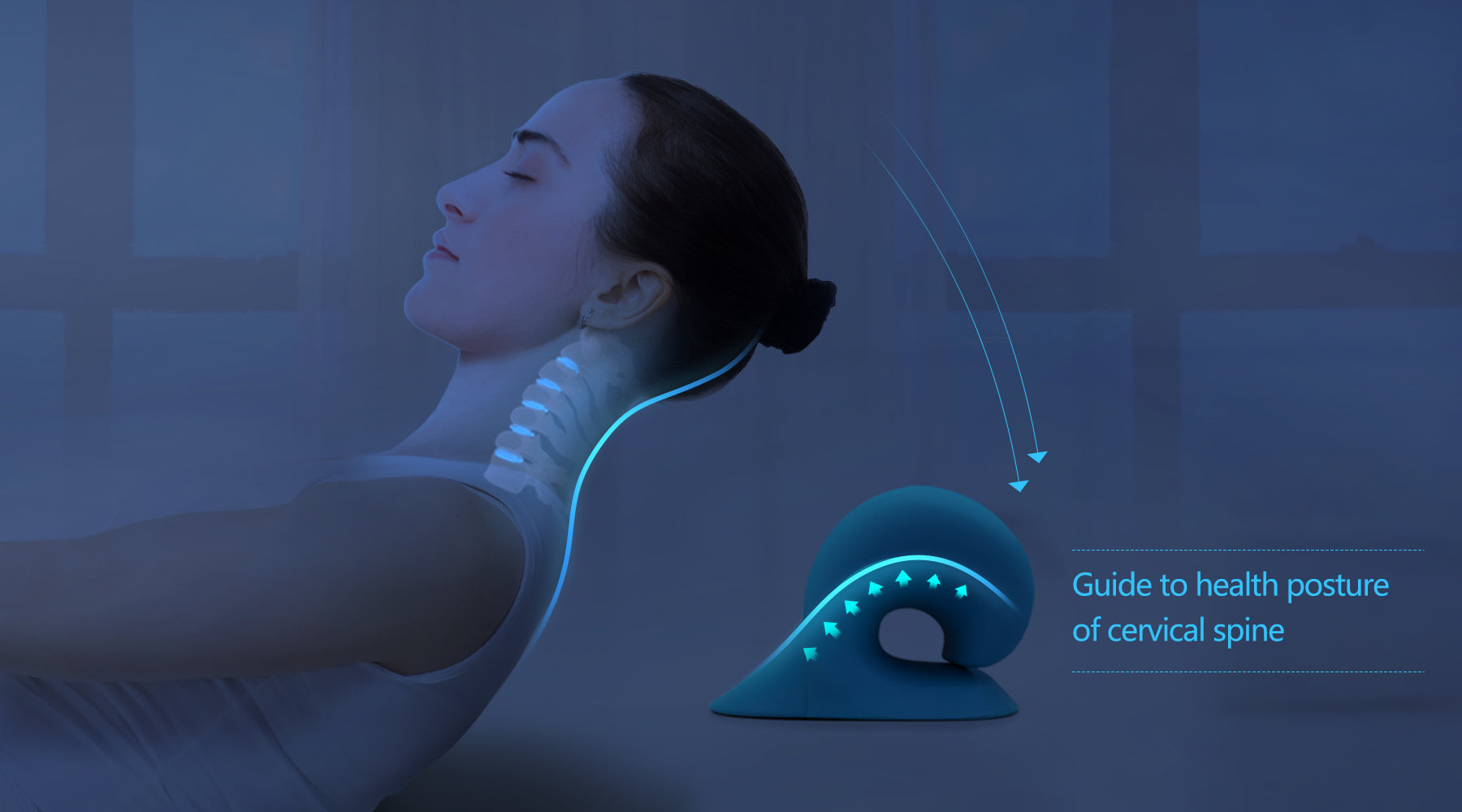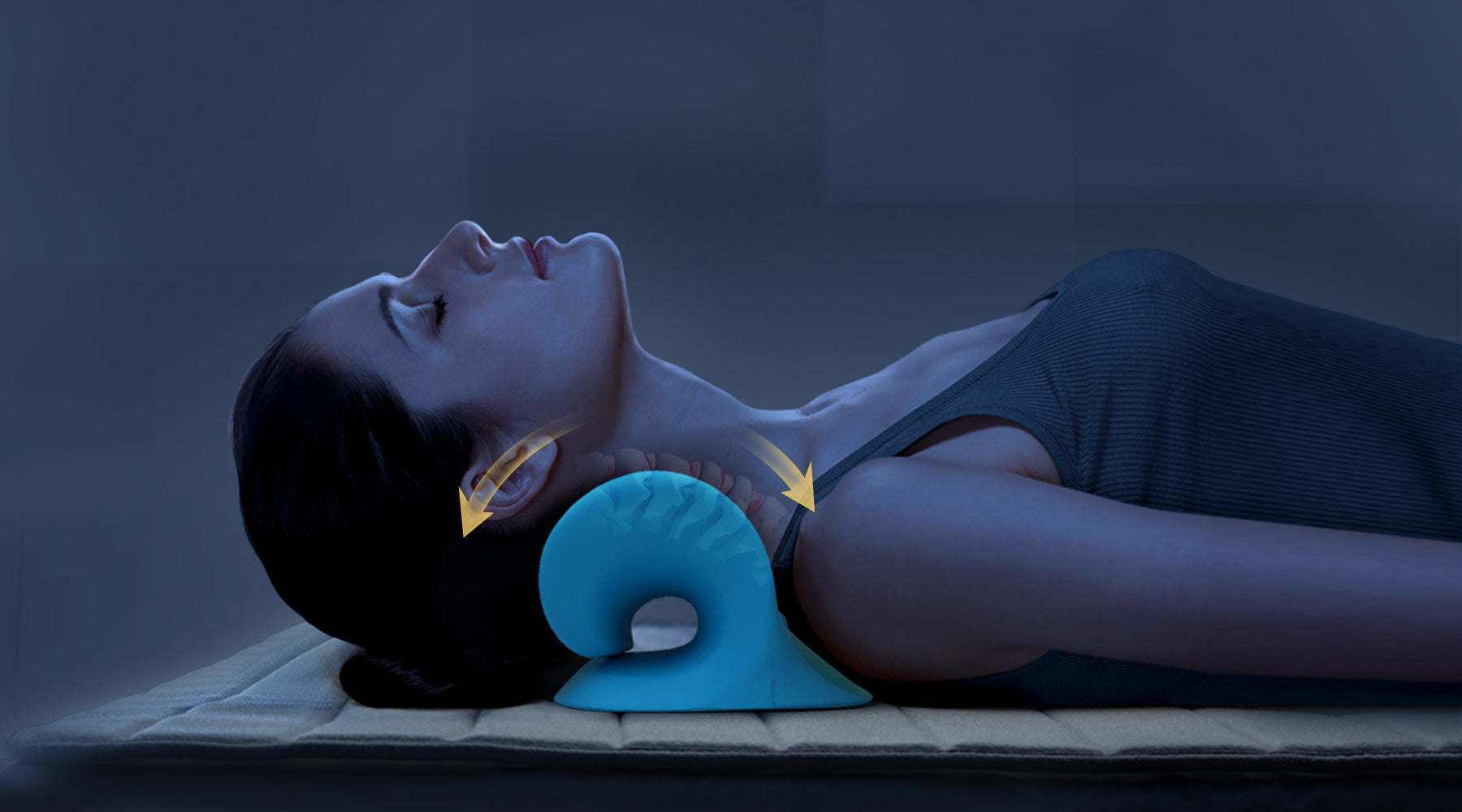The Effect of Stress And Anxiety on Neck Discomfort: Strategies for Reducing Stress and Pain
In today's busy globe, it's clear that tension has actually become a prevalent variable in the beginning and exacerbation of neck discomfort. The detailed relationship in between stress and muscle tension often leaves individuals seeking relief from the discomfort that occurs. By discovering targeted techniques targeted at lowering tension and advertising relaxation, one can start to address the origin of neck discomfort and work towards an extra well balanced state of well-being. Join us on a trip to unwind the impact of stress and anxiety on neck discomfort and uncover effective ways to minimize pain and boost total lifestyle.
Understanding Stress-Related Neck Pain
Neck pain is a common grievance that can often be credited to anxiety. Stress-related neck discomfort can show up as stress, tightness, or pain in the neck and shoulder area. The connection between stress and neck discomfort lies in the body's physical feedback to stress and anxiety, which can result in muscular tissue tension and tightness in the neck muscles. Persistent anxiety can lead to relentless neck discomfort and intensify existing conditions like cervical spondylosis or muscle mass pressures.

Identifying Common Tension Locations
One usual stress location is the neck, where tension usually shows up physically. Tension headaches, stiff neck muscles, and restricted range of movement are typical symptoms of stress-related neck tension. Being aware of these usual tension areas can aid people acknowledge the physical indicators of stress and anxiety and take steps to address them prior to they rise right into persistent discomfort or discomfort.
Implementing Leisure Methods
Relaxation strategies are valuable devices for minimizing neck pain caused by stress. Additionally, tasks like yoga and tai chi incorporate both physical movement and leisure, making them reliable methods for lowering stress and neck pain. By including these relaxation methods right into your daily regimen, you can help manage tension degrees, decrease stress in the neck, and alleviate pain linked with stress-induced neck discomfort.
Integrating Self-Care Practices
Integrating self-care methods is crucial for maintaining overall well-being and managing stress-related neck pain successfully. Participating in normal physical task, such as gentle extending workouts or yoga exercise, can aid relieve tension in the neck and shoulders. Practicing good pose throughout the Resources day and taking frequent breaks from long term resting or screen time can also avoid pressure on the neck muscles.
Furthermore, prioritizing sufficient rest and developing a regular rest regimen can add substantially to decreasing stress and anxiety degrees and advertising leisure. Creating a relaxing going to bed regimen, such as reading a publication or taking a warm bath, can assist prepare the mind and body for restful rest. In addition, keeping a balanced diet abundant in nutrients and remaining moisturized can support overall health and wellness and decrease inflammation that may exacerbate neck pain.
Integrating mindfulness practices, such as deep breathing exercises or reflection, can assist handle stress and anxiety and advertise relaxation. Taking time for oneself, taking part in leisure activities, and establishing limits to secure individual time are additionally essential elements of self-care that can add to lowering tension and relieving neck discomfort.
Seeking Professional Help
Exactly how can people effectively deal with consistent neck pain that is influencing their day-to-day life and well-being? Seeking professional aid can be a vital action in handling and alleviating neck discomfort. Consulting with medical care specialists such as chiropractics physician, physiotherapists, or orthopedic professionals can offer beneficial insights and tailored therapy plans. These specialists can conduct comprehensive analyses to identify the underlying reasons for neck pain and advise proper interventions.
Chiropractic practitioners specialize in spinal adjustment techniques to see this enhance placement and lower tension in the neck location. Physical therapists supply targeted workouts and stretches to reinforce muscles, boost flexibility, and enhance overall neck function. Orthopedic specialists other can give innovative clinical interventions such as shots or surgical options for serious cases of neck pain.
Conclusion

Stress-related neck pain can manifest as tension, stiffness, or discomfort in the neck and shoulder location. The connection in between stress and anxiety and neck pain lies in the body's physiological feedback to stress, which can result in muscular tissue tension and rigidity in the neck muscles. Stress frustrations, rigid neck muscle mass, and restricted array of motion are typical signs and symptoms of stress-related neck tension. By including these leisure strategies into your day-to-day routine, you can help handle tension levels, minimize stress in the neck, and reduce pain associated with stress-induced neck discomfort.
